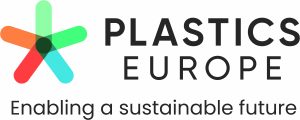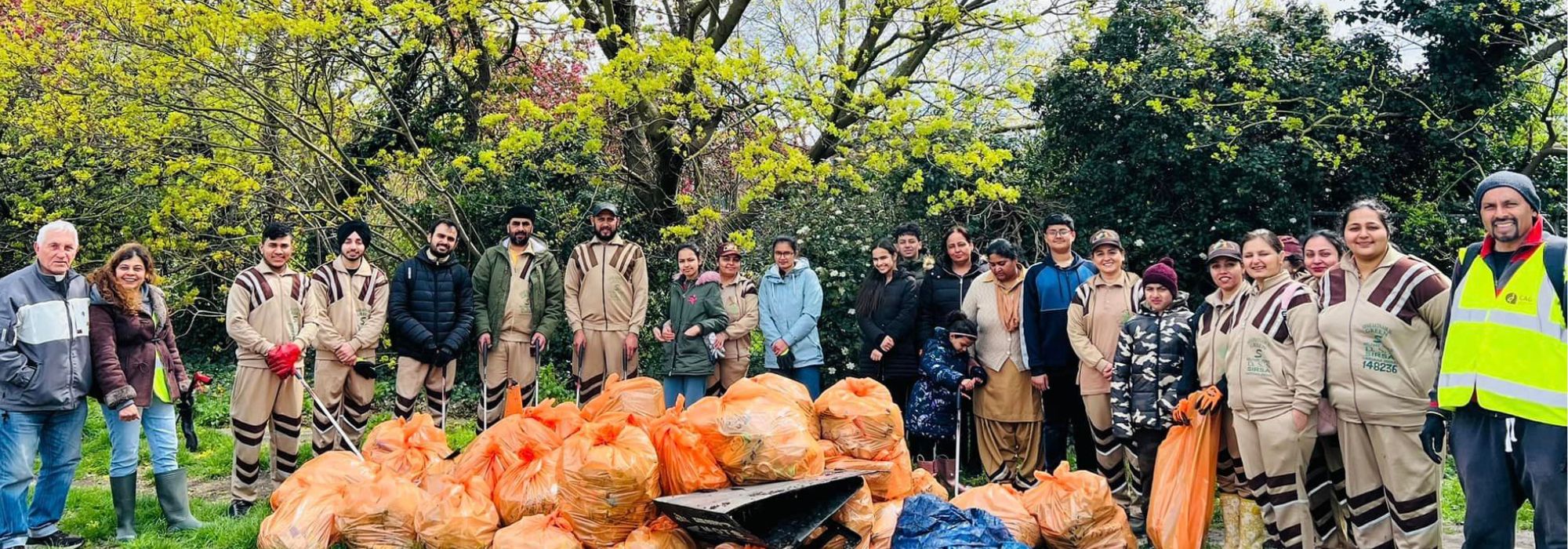Plastics Action: connecting local groups and upscaling river clean-up work
Plastics Action is a three-year project (now in its final year) funded by The National Lottery Community Fund (TNLCF) to investigate and establish how local community clean-up activity on rivers might be effectively expanded to other river systems across England. The National Lottery supports environmentally-sustainable communities that: reduce carbon emissions and negative environmental impact; create positive environmental impacts; establish equality of access to the natural environment; improve the quality of natural spaces. This Thames21-led project wants to connect and empower numerous, but often somewhat isolated, local groups towards expanded and coordinated river clean-up action at a national level.
Between late 2021 and 2022, Thames21 established partnerships with four regional organisations: Tyne Rivers Trust; Action for the River Kennet; Mersey Rivers Trust; and RiverCare BeachCare. This allowed us to reach out to local clean-up/litter pick groups in the regions. These organisations operate through workshops to introduce the project and discuss how it can help address the plastic pollution challenge in England.
The Plastics Action National Conference, held on November 2022 in the City of London and online, brought together representatives from local clean-up groups, regional partners, and strategic-level national bodies in the public, private, and third sector, and helped identify key individuals to form a Steering Group.
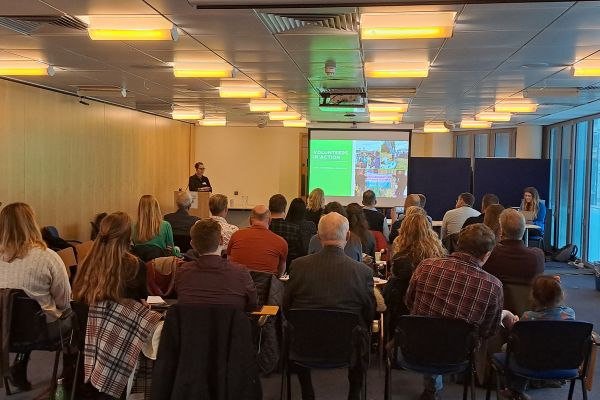
Based on the discussions and points addressed at the conference and on the workshops and online surveys and interviews with the volunteers (see below), an ambitious and deliverable Roadmap is being developed and written to upscale and sustain valuable community clean-up action under the leadership of the Steering Group. This group involves key leaders and experts from charities, government, universities, and other organisations – Environment Agency, University of Portsmouth, Keep Britain Tidy, RiverCare BeachCare, The Rivers Trust, Mersey Rivers Trust, Tyne Rivers Trust, Yorkshire Wildlife Trust, Friends of the River Crane, Port of London Authority, Marine Conservation Society, and Essex Rotary Club.
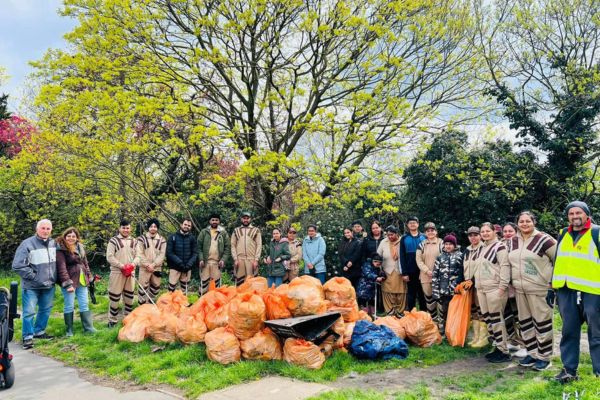
Online surveys, conducted in July 2022 by Thames21, have highlighted key data on group size, number and frequency of events, lessons learnt and challenges. Twenty-two volunteers responded to our 18 question online survey. Median values from surveys show that: the volunteer groups enlist number of 30 people, holding a monthly clean-up event, where just under 10 bags of litter are removed, with 50% of litter being plastics.
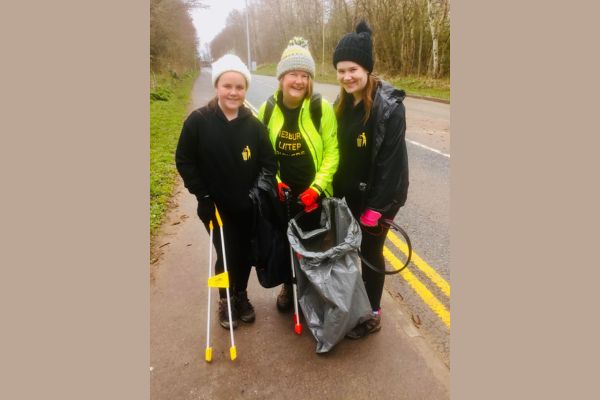
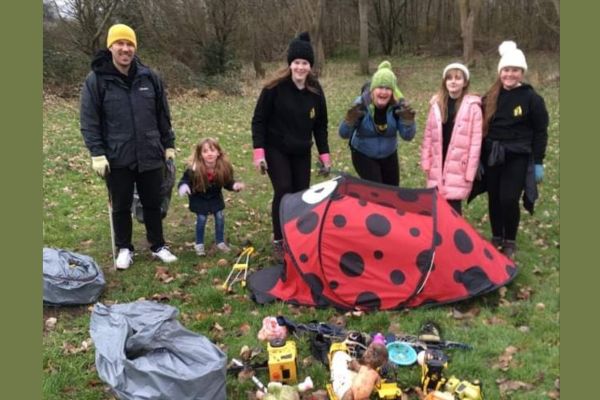
Successes highlighted by volunteers included ‘achieving self-sufficiency’ and ‘changing their own mindset and changing others’ mindset in their community e.g. encouraging behaviours to reduce, reuse, recycle, as well as ‘working with local authorities and companies to effect change’. Volunteers expressed the desire for a ‘more structured and organised approach to litter picking with resources to link it with wider project‘ in order for their work to have a connected impact beyond the local community.
It was noted that ‘it is much easier to raise awareness further in those who already care a little‘, and that it is much more challenging to engage the wider population, as ‘persistent littering’ and ‘fly-tipping’ suggest public apathy. Ideas for engagement were centred around ‘education sessions to provide an incentive to stop littering’ and for ‘events in local towns and villages’ to engage local communities in addressing the issue. Volunteers highlighted that they had learned the importance of considering logistics before litter picking events, for example through conducting a ‘risk assessment’, and through devising a ‘simple system’ to categorise litter prior to the litter picking event, as it is difficult to analyse data in the field. Challenges identified were centred on working with governing authorities, stating that central government have a ‘key role’ in passing legislation ‘but littering is not a priority’, and stating that councils ‘have run out of funds and ideas’.

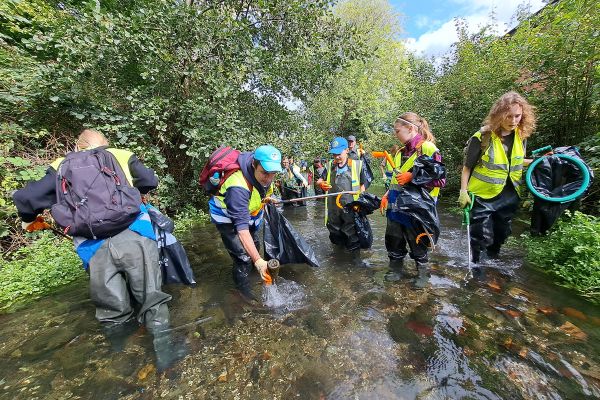
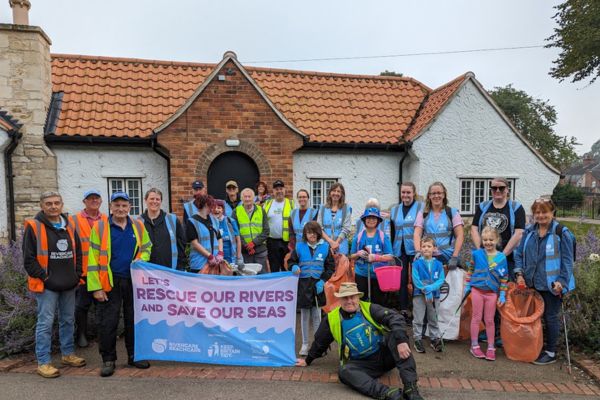
Thames21 also conducted in-depth interviews with 17 volunteers in April 2023 to gather a more detailed understanding of how volunteers run successful litter pick events and any barriers they face. They were asked to explain how their groups recruit and retain their volunteers, and one volunteer explained that they did this through ‘Social media. Web-branded stuff- branded tees, hoodies, and hats. Conversations when we’re out and about- people ask why you’re doing it’. Another volunteer explained that they retain and motivate their volunteers through, ‘a big social’ where they ‘have music and food and dancing and just celebrate [their] achievements’. She illustrated that ‘it’s not only just the litter picks. We’re friends’.
Local groups were also asked about the different barriers to clean-up activities that they faced. One groups stated their issues were ‘political’, because ‘the council complain about coming to collect [litter] when we leave it at the drop off point’. Whilst local groups had identified several barriers to their clean-up work, they also proposed a range of effective solutions, such as ‘DRS- particularly for plastic bottles and cans being highly littered items. Also legislation in terms of cigarette butts’. The groups also had a range of ambitions to expand their work. One volunteer said ‘I’d like to get a bit more water quality monitoring going. We have got a moorings that has been built by the side of the river, so it would be really nice if I could work with the internal drainage boards, town councils and plant it up nicely make it quite biodiverse’.
The findings from the online surveys and in-depth interviews will inform the creation of a Roadmap. This is being co-designed with the Steering Group and tested and amended by representatives of local groups in online workshops. The Roadmap will is designed to facilitate the upscaling of volunteer activities, and it will detail the costs of running a litter picking group, how volunteers can access funding, and the benefits of litter picking, which volunteers can draw upon to explain the importance of their efforts to prospective funders.
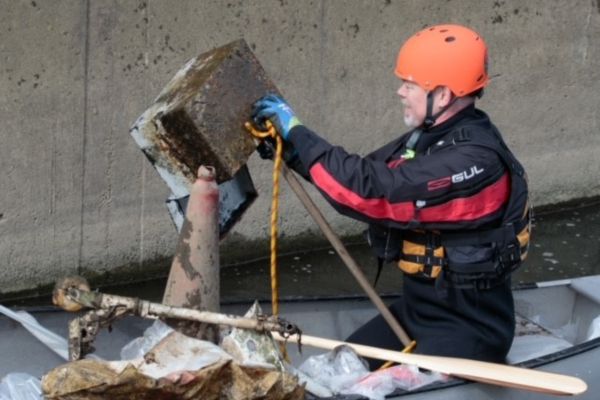
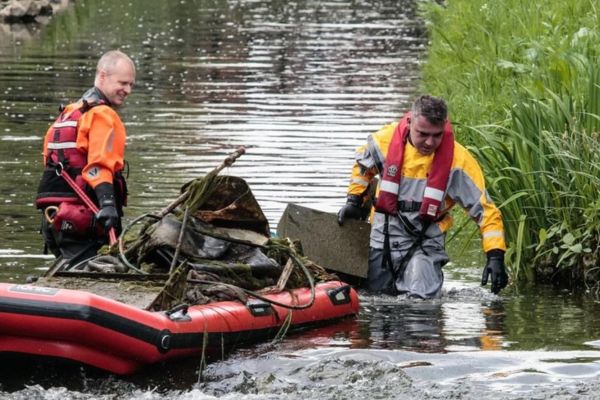
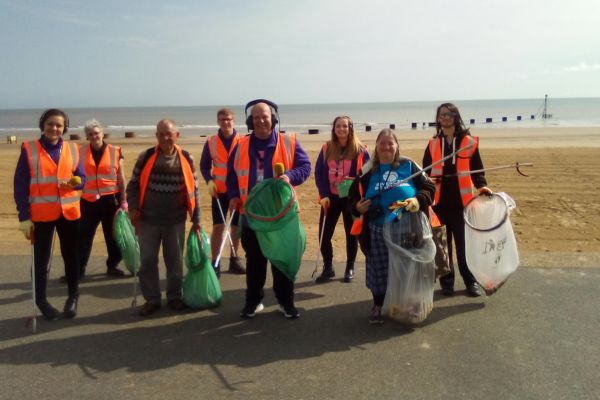
For more information about the Plastics Action project contact Lucy Jackson or Luca Marazzi.
Funded by
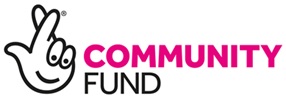
with co-funding from

